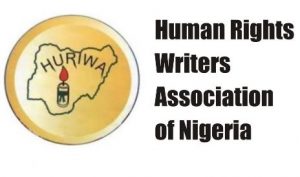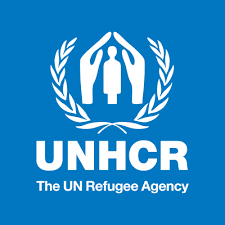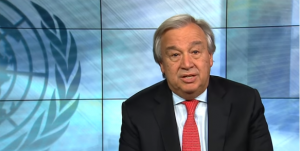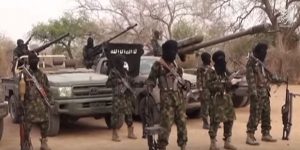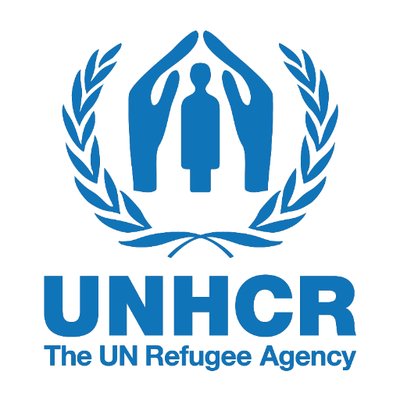
Unic Press UK: A Nigerian, Zannah Mustapha, has been named the 2017 winner of the United Nations High Commissioner for Refugees (UNHCR) Nansen Refugee Award. He will receive US$150,000 monetary prize to fund a project complementing his subsisting work.
Mustapha is the founder/proprietor of the Future Prowess Islamic Foundation School. The school is an academy, which was established for the children who were orphaned by the Boko Haram insurgency in Nigeria. The academy kicked off in 2007.
About Zannah Mustapha
He is a legal practitioner. He was the first runner up for the 2016 Robert Burns Humanitarian Award. He runs the only school ‘Future Prowess Islamic Foundation School’ in Borno State where orphans and the children of the victims of Boko Haram insurgency receive free education and free meals. Today, the 18th September 2017, the United Nations High Commissioner for Refugees (UNHCR) named him the 2017 Nansen Refugee Award winner.
About UNHCR’s Nansen Refugee Award:
“UNHCR’s Nansen Refugee Award recognizes extraordinary humanitarian work on behalf of refugees, internally displaced or stateless people. The award includes a commemorative medal and a US$150,000 monetary prize. In close consultation with UNHCR, the laureate uses the monetary prize to fund a project that complements their existing work. The Nansen Refugee Award program is funded in partnership with the Norwegian Refugee Council, the Swiss Government, The Norwegian Government and the IKEA Foundation.“ (UNHCR)
About the Boko Haram
- Jama’atu Ahl as‐Sunnah li‐Da’awati wal‐Jihad [simply called Boko Haram] is a Jihad-driven terrorist organisation that was founded in 2002 by one Mohammed Yusuf. This terror group held the belief that Western education/lifestyles were completely against the teachings of Islam.
- M Yusuf, the founder/spiritual head of Boko Haram was ‘extrajudicially’ executed in 2009 after the group clashed with Nigerian Police Forces in 2009.
- The end of Yusuf’s earthly life in the hands of Nigerian security operatives is widely seen as a critical turning point in the history of the Boko Haram. Many have contended that the killing of Yusuf further radicalized his followers, thereby escalating a bad crisis.
- It was after the killing of Yusuf that this terror group commenced full military operations in 2009, killing more than 15,000 people as of 2016.
- They have attacked a number of places, including military barracks, police stations, churches, mosques, motor park stations, United Nations building in Nigeria’s federal capital territory, and so on.
- In 2015, Boko Haram pledged allegiance to Daesh (Islamic State).
- Boko Haram’s goals center on Islamization of Nigeria, to enforce sharia law throughout the gamut of Nigeria. This goal is utter delusion as Nigeria is a secular state, a multi-ethnic and multi-cultural country of circa 200 million people. More than 50% of Nigeria’s population are Christians, most of whom reside in the southern part of the country.
- Abubukar Shekau, an eccentric character who appears deluded by virtue of his utterances in Boko Haram’s numerous videos, is the head of the main group. This is one man the Nigerian security forces had claimed several times to have killed, but each time the news of his death circulates, the man Shekau rises from nowhere proclaiming to the world that he is still alive.
- In 2015, the Global Terrorism Index, published by the Institute for Economics and Peace, said that Boko Haram topped the ranking of terror groups having killed 6,644 people in Nigeria in 2014 when compared to Daesh’s tally of 6,074 people in the same period.

